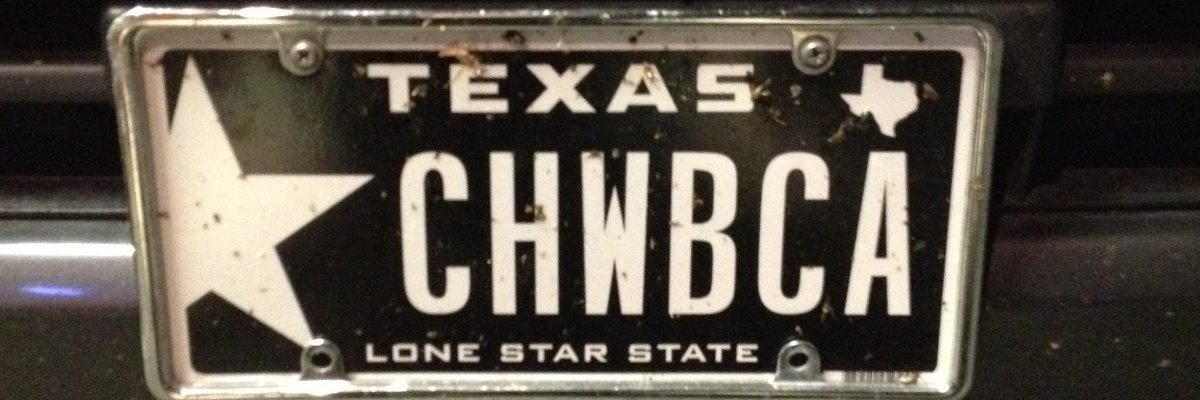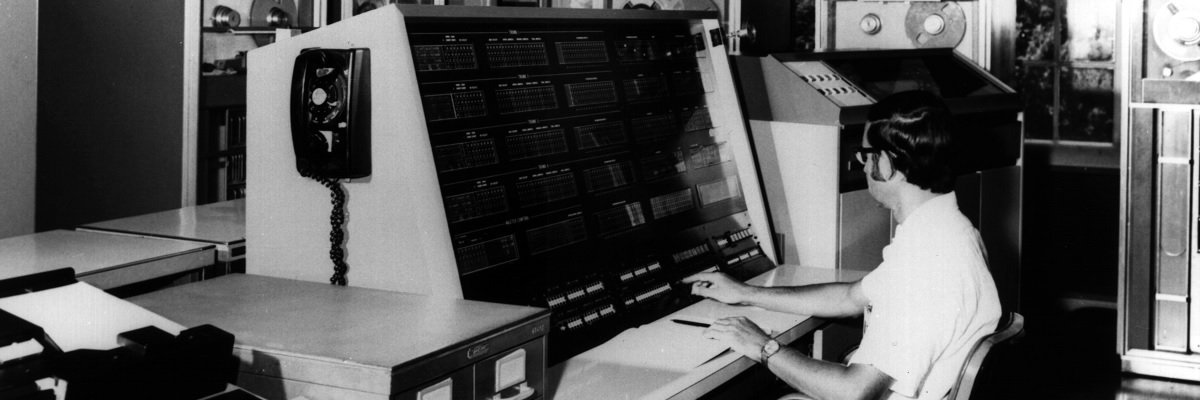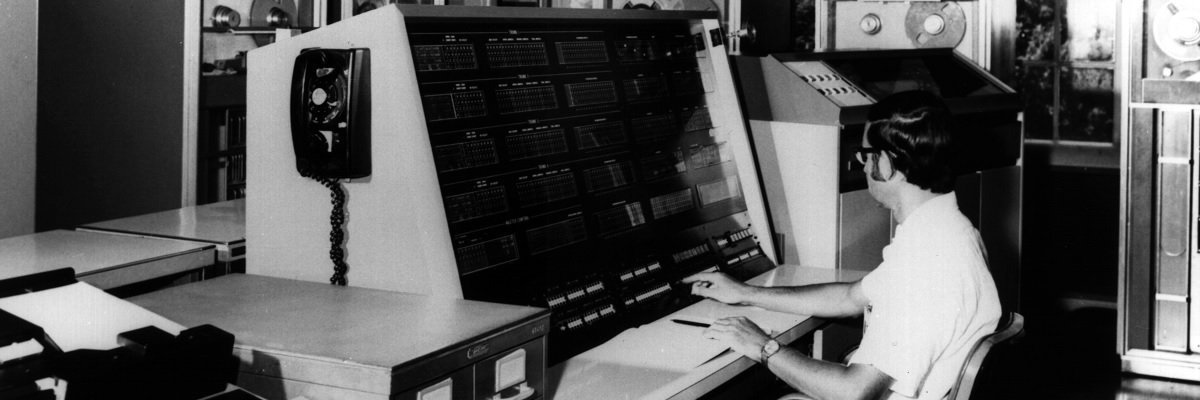Car registrations provide a trove of information, allowing us to potentially see what matters to owners, a bit of their personality (by way of vanity plates) and, indirectly, where people are driving.
We recently highlighted Adam Steinbaugh’s successful request for a list of denied vanity license plates from the Connecticut Department of Motor Vehicles in MuckRock’s newsletter. It follows in the footsteps of filings in seventeen states in 2014 as part of the The Vanity Plate Rejection Project.
MuckRock contributor Daniel Schneider’s roundup of the “weird, embarrassing, confusing and perverted things people have actually tried — and failed — to display on their cars” was enlightening and inspirational.
Take Conor Skelding’s 2014 request to New York State’s Department of Motor Vehicles for rejected vanity plates and a follow up he files last year, helping release gems like FONE and HATER among the rejected vanity plate applications over the years.
Efforts like these provide a peak into the mind of the public. Car registration information can also help us see what’s trending.
How? Over the last seven months, I’ve found it a weekly conversation topic about how it feels like there are more cars on the road nowadays. I’ve been wondering if the reason is because of COVID-19. Public records — including car registration data, traffic counts, toll records and more — can help us get a fuller picture.
We can leverage language from previously successful requests to motor vehicle agencies across the country to start getting answers to these questions and more:
- Are there actually more cars on the road now, or fewer?
- How many of them are new? Used?
- How many of those tags are a result of the owner’s moving to a new community?
- What information can help us understand the impact of these shifts on a community?
If you’re interested in trying to get answers, help us build a national database of both rejected plates and useful car registration data by sharing some information below, including whether you’re willing to help follow up and suggestions about request ideas or questions you have.
We’ll follow up as the project progresses.
Header image by Eric T Gunther, CC BY 3.0, via Wikimedia Commons.




